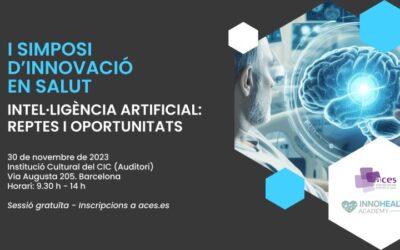AI Discovers First New Antibiotic in Over 60 Years

For the first time in over 60 years, a new class of antibiotics to treat drug-resistant staph infections has been discovered using artificial intelligence (AI) machine learning; a landmark breakthrough to address the antimicrobial resistance (AMR) crisis.
This important discovery to advance global health care has been made using artificial intelligence machine learning by researchers affiliated with the Massachusetts Institute of Technology (MIT), Harvard University, and the Broad Institute of MIT and Harvard in Cambridge, Massachusetts.
Antimicrobial resistance is a leading cause of death globally, and a public health threat. A projected 10 million will die annually by 2050 due to AMR according to The Review on Antimicrobial Resistance report commissioned by the UK Government.
Globally, 4.95 million deaths were associated with bacterial antimicrobial resistance and 1.27 million died directly from antimicrobial resistance according to a 2019 study published in The Lancet. There are over 2.8 million antimicrobial-resistant infections and 35,000 deaths as a result in the U.S. annually according to the Antibiotic Resistance Threats in the United States, 2019 by the U.S. Centers for Disease Control (CDC).






